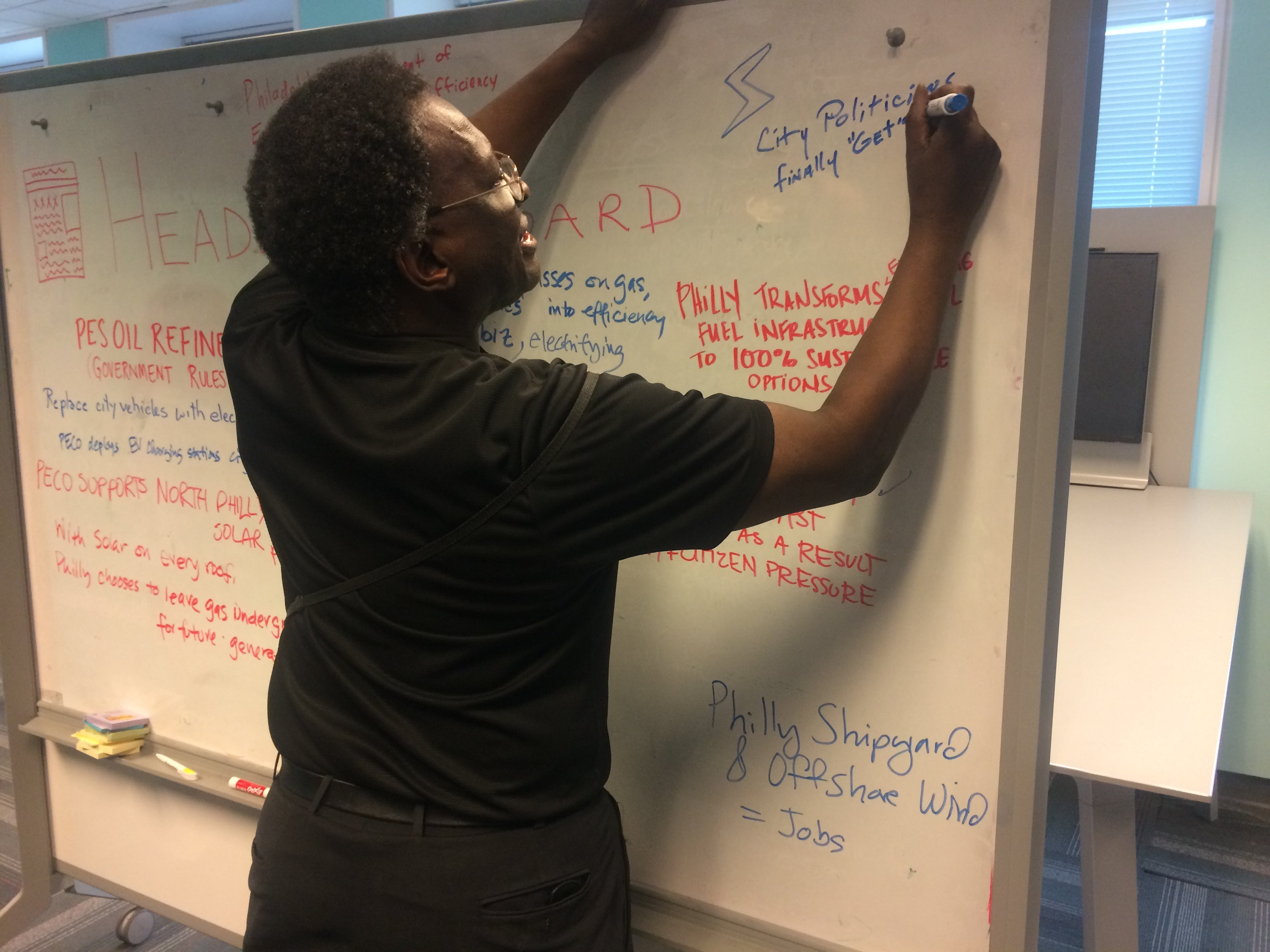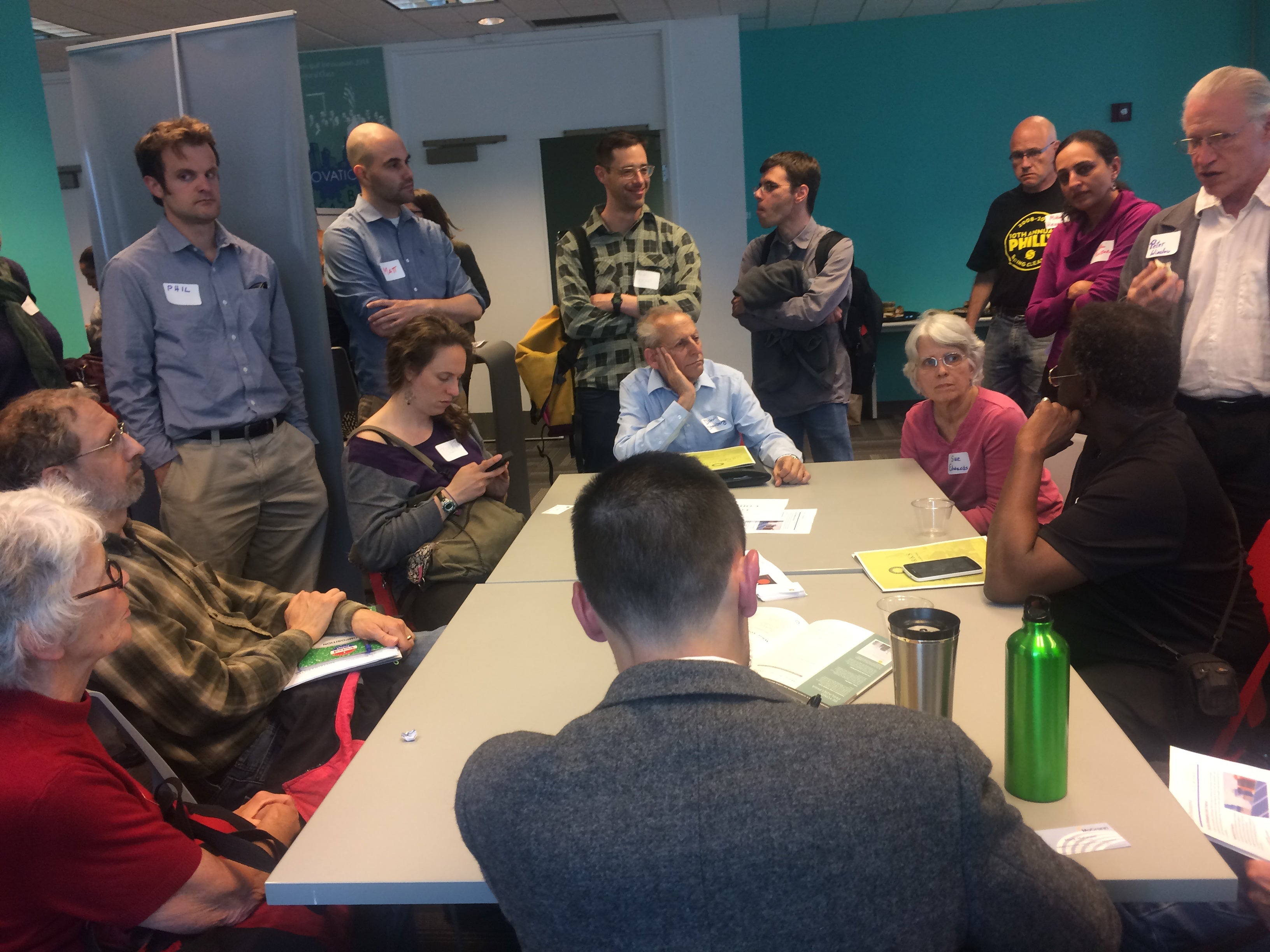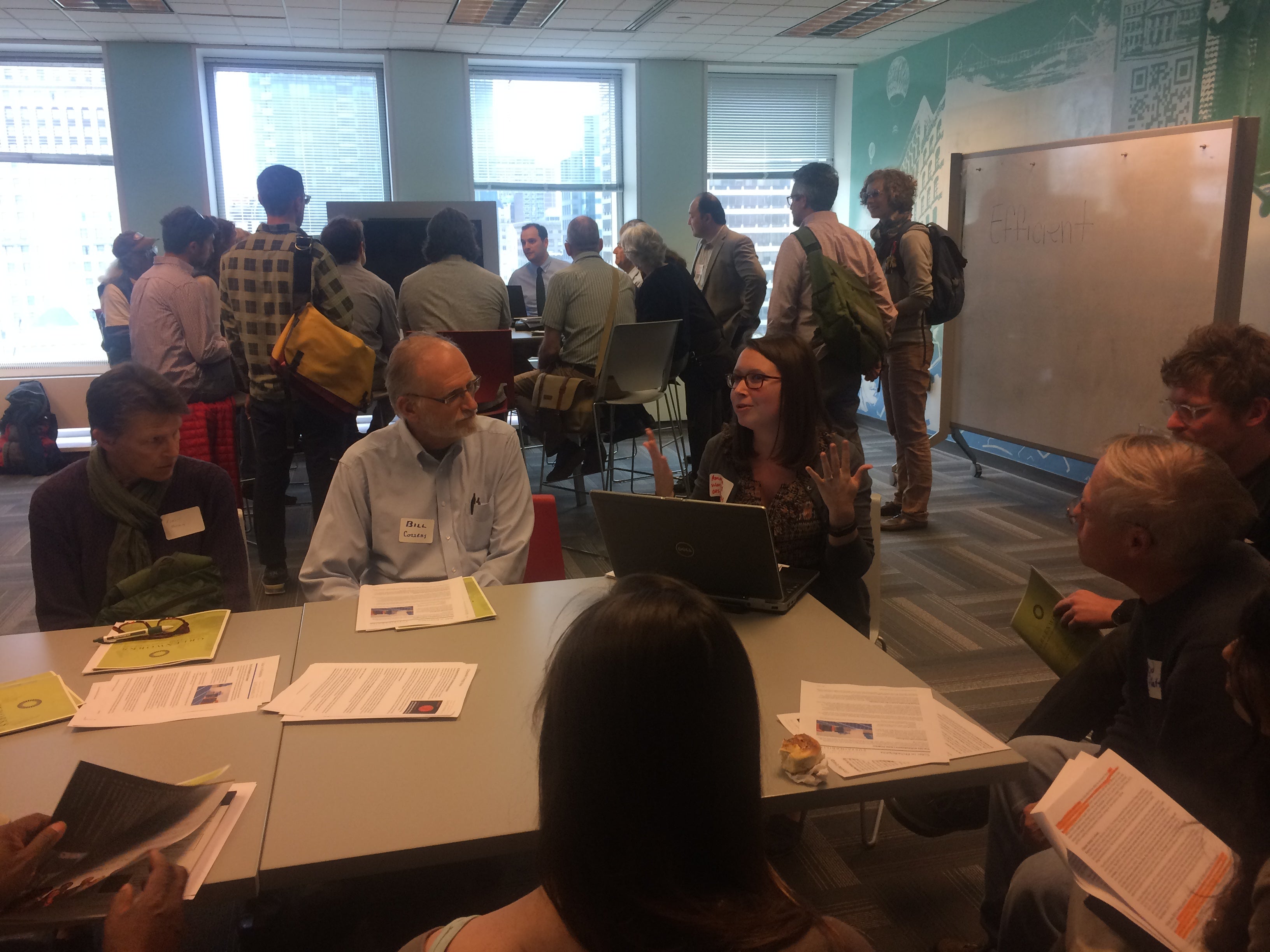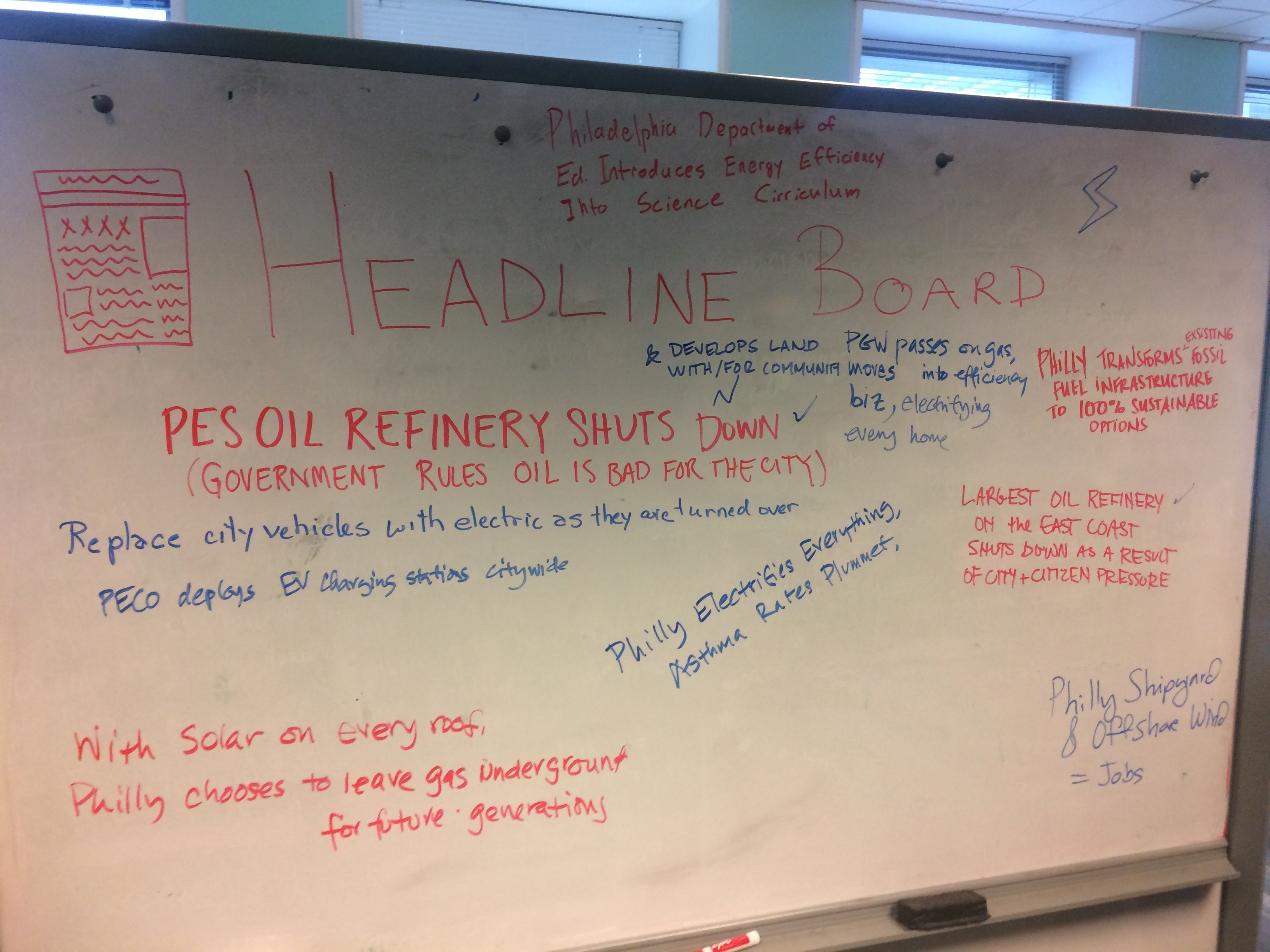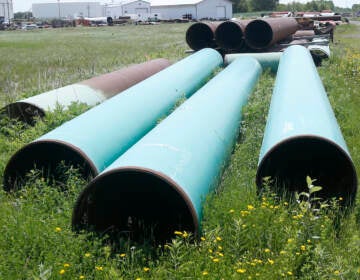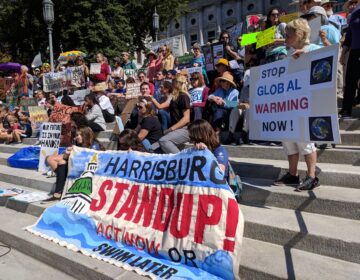Philadelphians share priorities for a more affordable, efficient, clean urban energy future
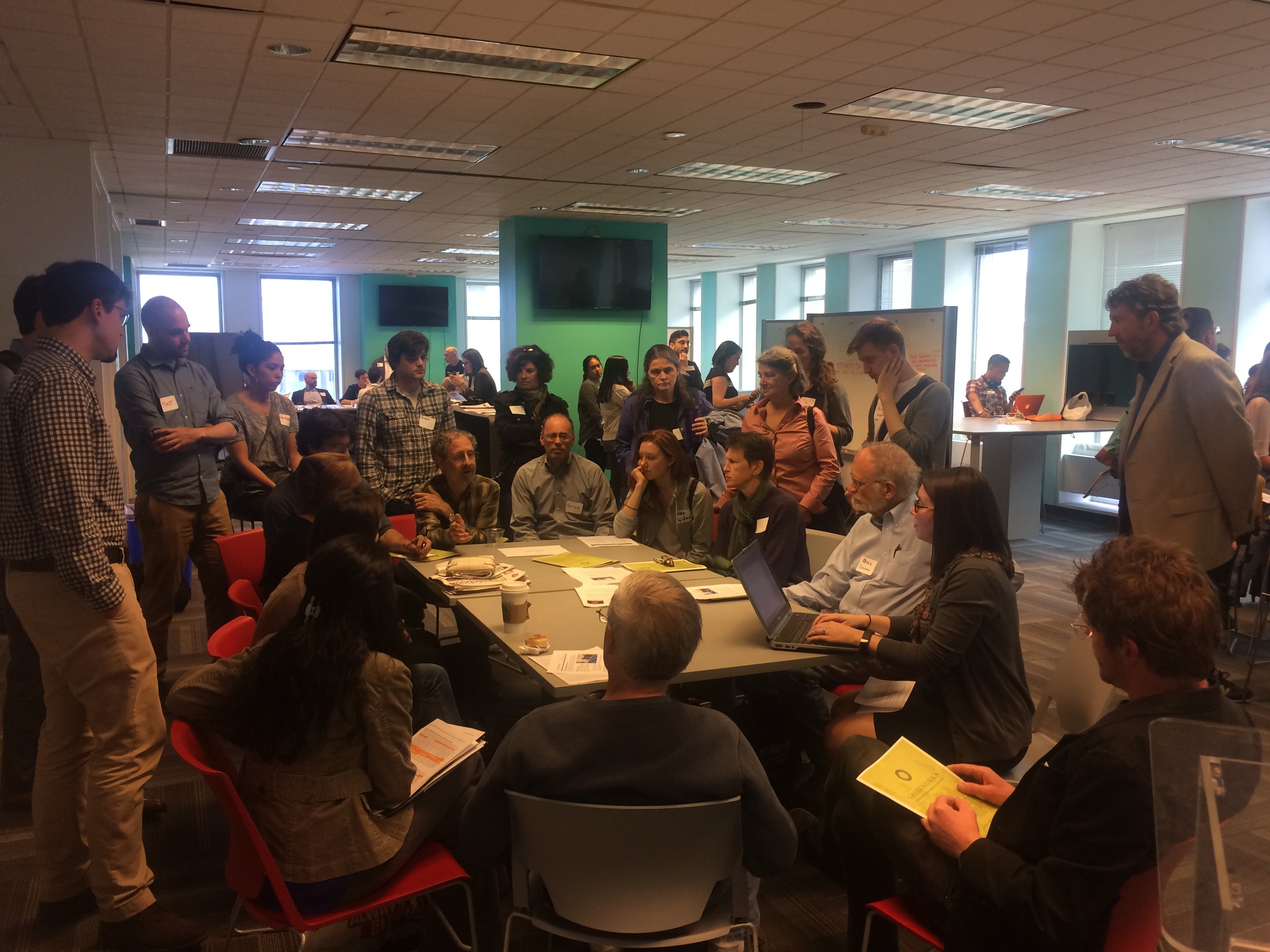
Last Thursday afternoon, about 60 people showed up at the Municipal Services Building for a listening session, hosted by the Office of Sustainability (OOS), intended to capture residents’ priorities for Philadelphia’s energy future.
The meeting was held at the Innovation Lab, on the 16th floor, and after a short welcome the participants started rotating through four tables, each with a different topic, changing every 15 minutes.
“How do we make energy more affordable?” asked the city’s senior energy analyst Mardi Ditze at a table focused on cost.
“Residential PACE,” answered Meenal Raval, from the Northwest Philadelphia Solar Co-op, referring to Property Assessed Clean Energy (PACE), a financing program that allows local governments to fund the cost of energy improvements. It has to be approved by state legislature, and to get there, Micah Gold-Markel, founder of Solar States said the city needs to make sure PECO is on its side too.
“The city should lobby PECO to make sure they’re lobbying Harrisburg,” Gold-Markel said.
For others the answer is about reducing dependency on gas. “The city should make a plan to eventually shut down PGW [Philadelphia Gas Works],” added Adams Rackes, a Drexel PhD candidate in architectural engineering.
The city should also avoid long-term investments in fossil fuels, said Nicholas Pevzner, a landscape architecture lecturer at the University of Pennsylvania’s School of Design.
Karen Orrick, a 28-year old resident of West Philadelphia, said she decided to go to the meeting because she was worried about the health impact of the Philadelphia Energy Solutions (PES) oil refinery in South Philadelphia. She loves Philadelphia, she said, but she was diagnosed with asthma since moving to the city six years ago. “I want to have air I can breathe,” Orrick said.
Robin Mann, 65-year old Sierra Club volunteer, said she attended the session because she wants to see Philadelphia be a leader in clean energy and climate justice. And Brahm Genzlinger, a 29-year old musician who’s worried about climate change, said he wanted to learn more about what the city is doing in terms of clean energy and to tell the city that he cares.
Solar energy was a big topic on the clean energy table. Clean Air Council’s community outreach director, Matt Walker, said the city should set a goal for solar and create tax abatements to help achieve that goal. One suggestion was to require city schools to have solar panels. Bill Cozzens, an urban planner and activist with 25 years of experience as a consultant to energy companies, said PECO should increase its investment in solar power, because he thinks the company is not doing enough to advance clean energy sources.
Members of Philly Thrive, an organization advocating for clean air, raised their voices at the efficiency table to demand the city to consider the negative externalities of using fossil fuels, like asthma, on the cost of energy. “That’s not what energy efficiency means,” someone respectfully countered. But OOS’ energy manager Adam Agalloco told them it was a good point.
Liz Robinson, Energy Coordinating Agency’s executive director, wants the city to update its building codes to raise the standard of energy efficiency for new buildings.
At the general comments table, Matt Stern, 36, from the Energy Co-op, congratulated the city for opening a venue for citizens to provide input, but said it should do more to incorporate more voices of people who might not be available to attend a 4 p.m. meeting in Center City. To that end, Fernanda Marroquín suggested the city conduct similar sessions in different neighborhoods at different times.
“We should expand the values of a sustainable society to our young people,” said Jeff Green, 65, from One Step Away homeless’ newspaper. “Human energy is the purest form of energy”.
To expand its reach the Office of Sustainability (OOS) is also asking residents to fill out an online survey to share their energy priorities. In June, the office will summarize the findings from this session and provide more details on the Energy Master Plan, which will recommend policies and strategies to achieve Mayor Jim Kenney’s goal of reducing Philadelphia’s carbon footprint 80 percent by 2050.
WHYY is your source for fact-based, in-depth journalism and information. As a nonprofit organization, we rely on financial support from readers like you. Please give today.



